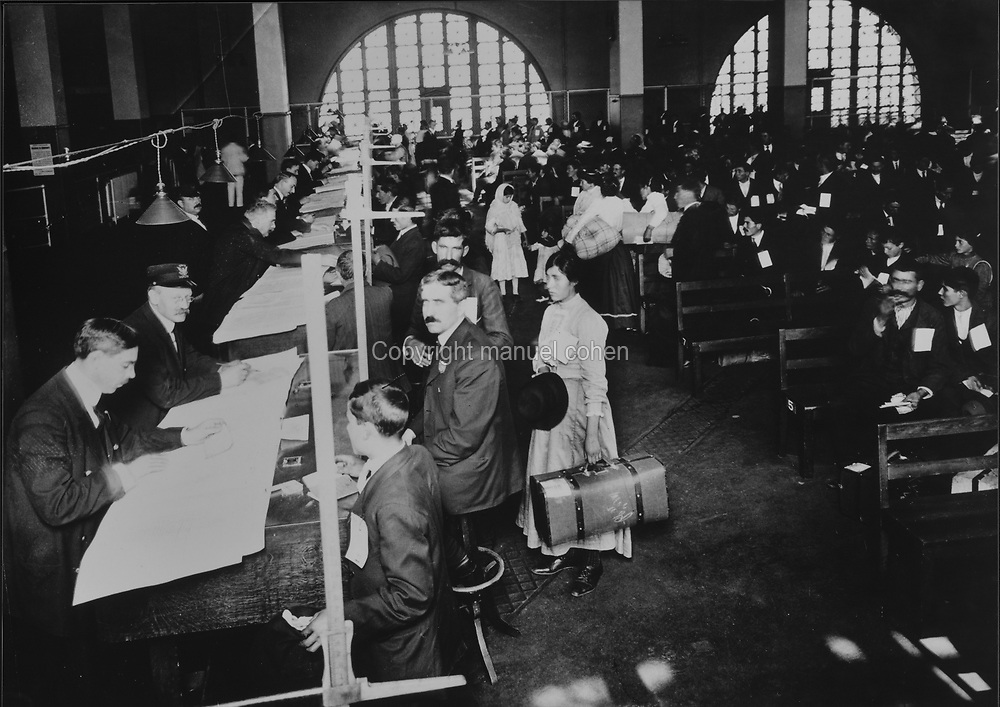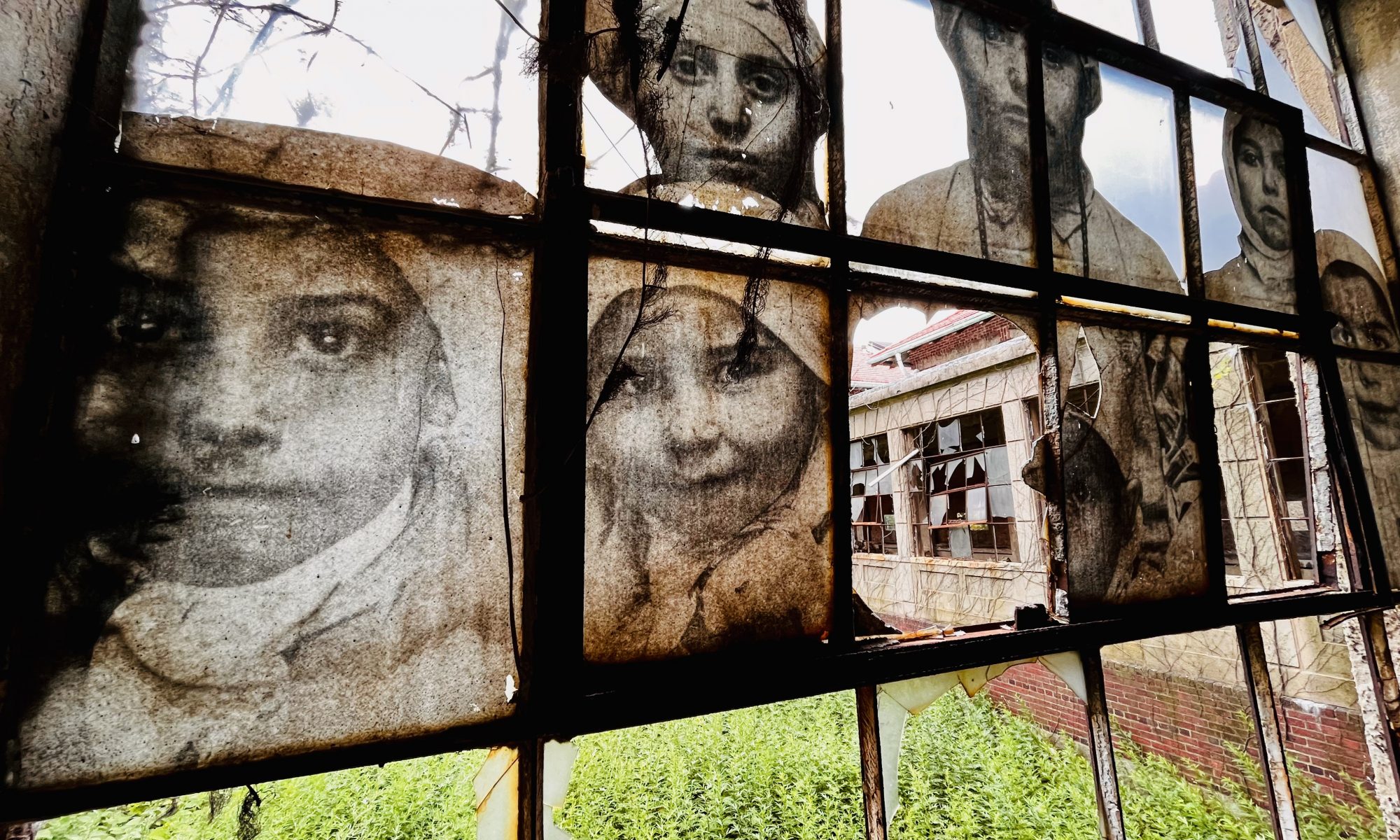The Role Of Inspectors And Interpreters At Ellis Island
The history of Ellis Island is woven with the stories of countless immigrants who passed through its gates in search of a better life. Among those who played a pivotal role in this monumental chapter of American history were the inspectors and interpreters, dedicated workers who ensured the smooth transition of newcomers into their new homeland. These individuals, often seen as the first contact with America, were instrumental in shaping the immigrant experience, providing guidance, support, and a sense of hope.
Ellis Island was more than just an immigration station; it was a bustling hub of humanity, filled with individuals from all walks of life, each with their own dreams and aspirations. The inspectors, often stern yet fair, were tasked with evaluating the health and eligibility of arriving immigrants, while the interpreters bridged the gap between languages and cultures, ensuring that the newcomers understood their rights and responsibilities. Together, they created an environment that, while challenging, offered the promise of a new beginning.
The legacy of the inspectors and interpreters at Ellis Island continues to resonate today. Their stories remind us of the importance of empathy and understanding in a world that can often feel divided. As we delve deeper into the roles these workers played, we uncover not just the mechanics of immigration but the very essence of what it means to be human in a foreign land. How did these inspectors and interpreters navigate the complexities of their roles? What challenges did they face? Let’s explore the fascinating world of Ellis Island’s dedicated workforce.
Who Were the Inspectors at Ellis Island?
The inspectors at Ellis Island were a diverse group of individuals, each bringing their own backgrounds and experiences to the job. They were responsible for conducting medical and legal examinations of the immigrants arriving on ships from around the world. Their primary goal was to determine whether individuals were fit to enter the United States, a task that involved scrutinizing everything from physical health to legal documentation.
What Qualifications Did Inspectors Need?
To become an inspector at Ellis Island, candidates often required a combination of education and experience. Many inspectors had backgrounds in law, medicine, or social work, which equipped them with the skills necessary for the evaluations they conducted. Additionally, the ability to communicate effectively, often in multiple languages, was crucial for those working in such a diverse environment.
How Did Inspectors Impact Immigrant Lives?
The decisions made by inspectors could drastically alter the lives of immigrants. A single inspector could determine whether a family would be reunited or separated, whether a hopeful individual could start anew in America or be sent back to their homeland. The weight of this responsibility was immense, and many inspectors took their roles seriously, striving to be fair and just in their assessments.
What Role Did Interpreters Play at Ellis Island?
Interpreters were the unsung heroes of Ellis Island, facilitating communication between the inspectors and the immigrant population. As many immigrants arrived with limited English proficiency, interpreters were essential in ensuring that newcomers understood the processes they faced, from health screenings to legal interviews.
What Skills Were Essential for Interpreters?
Interpreters at Ellis Island needed a unique blend of skills to perform their duties effectively. These included:
- Fluency in multiple languages
- Strong listening and comprehension abilities
- Empathy and cultural sensitivity
- Knowledge of legal and medical terminology
How Did Interpreters Influence the Immigrant Experience?
By providing accurate translations and explanations, interpreters played a crucial role in easing the anxiety and fears of immigrants. They helped newcomers navigate an unfamiliar system, ensuring that they understood their rights and responsibilities as they embarked on their new lives in America. This connection often made the difference between a positive or negative experience at Ellis Island.
What Challenges Did Inspectors and Interpreters Face?
The work of inspectors and interpreters at Ellis Island was fraught with challenges. They were often under immense pressure to process large volumes of immigrants in a limited timeframe, which could lead to mistakes and oversights. Additionally, the emotional toll of witnessing the struggles and hardships of immigrants weighed heavily on those in these roles.
How Did They Cope with the Emotional Demands of Their Jobs?
Many inspectors and interpreters found support in their colleagues, forming bonds that helped them navigate the often-stressful environment of Ellis Island. They also engaged in self-care practices, such as taking breaks when needed, to maintain their mental well-being amidst the pressures of immigration processing.
What Lasting Impact Did Inspectors and Interpreters Leave on American Society?
The legacy of the inspectors and interpreters at Ellis Island extends far beyond the physical gates of the immigration station. Their work laid the foundation for modern immigration practices in the United States, emphasizing the importance of communication and compassion in the face of bureaucratic processes.
How Can We Honor Their Contributions Today?
To honor the contributions of these dedicated workers, we can:
- Support immigration reform that prioritizes humane treatment of immigrants.
- Educate ourselves and others about the history of immigration in the United States.
- Volunteer with organizations that assist immigrants in navigating the legal system.
Why Is Understanding Their Role Important for Future Generations?
Understanding the roles of inspectors and interpreters at Ellis Island is crucial for future generations as it fosters empathy towards immigrants today. By recognizing the complexities of their experiences, we can build a more inclusive society that values and respects the contributions of all individuals, regardless of their background.
In conclusion, the inspectors and interpreters at Ellis Island played a vital role in shaping the immigrant experience in America. Their dedication and compassion created a legacy that continues to inspire us today. As we remember their contributions, let us strive to carry forward their spirit of understanding and support for all who seek a new beginning in a foreign land.



ncG1vNJzZmixn6PAtr7IZqWeq6RjsLC5jq2pnqaUnruogY6ipayolZjBsL6MqKlmp6SdsrN5xKWjoqtdnsCtrc2dZLCnoqCys3nMmqWyZZmjwaa%2Bz6ucrZ2iqHqiwIyeo6Who2K2tLjAp5tnoKSiuQ%3D%3D